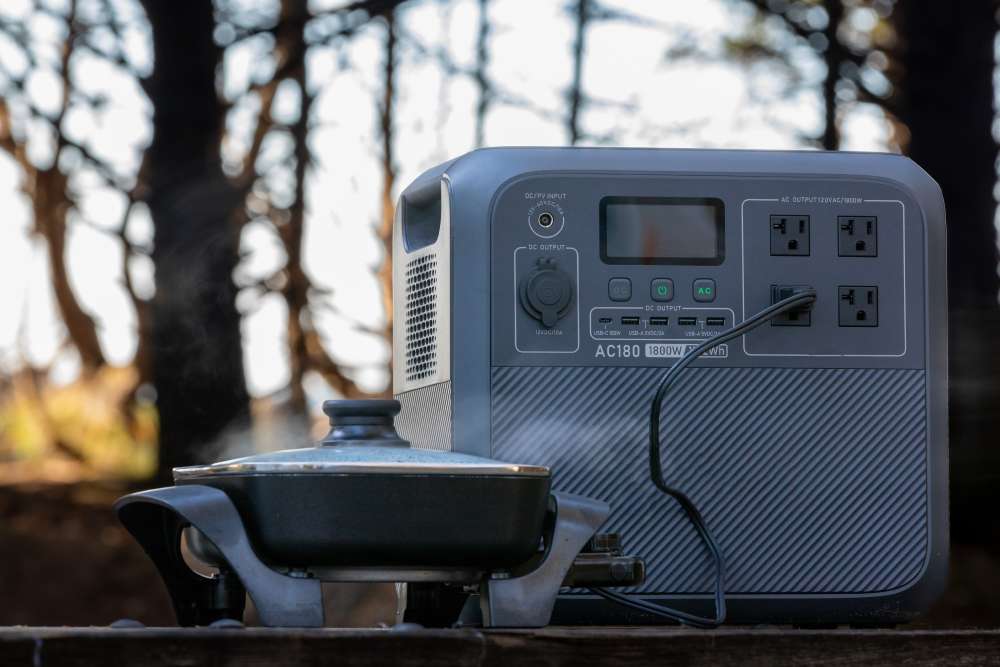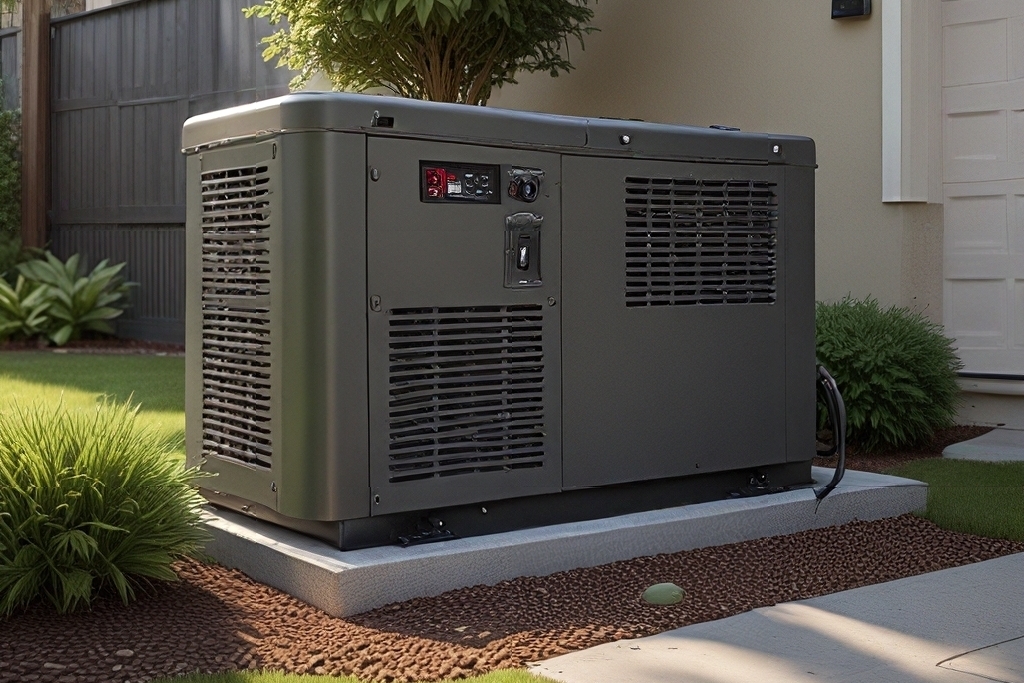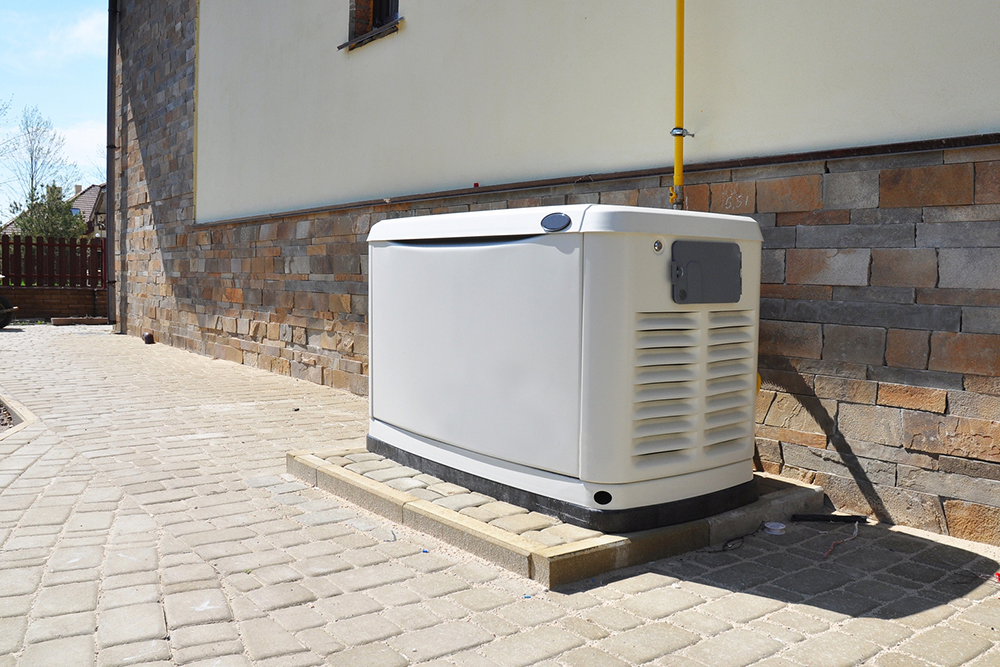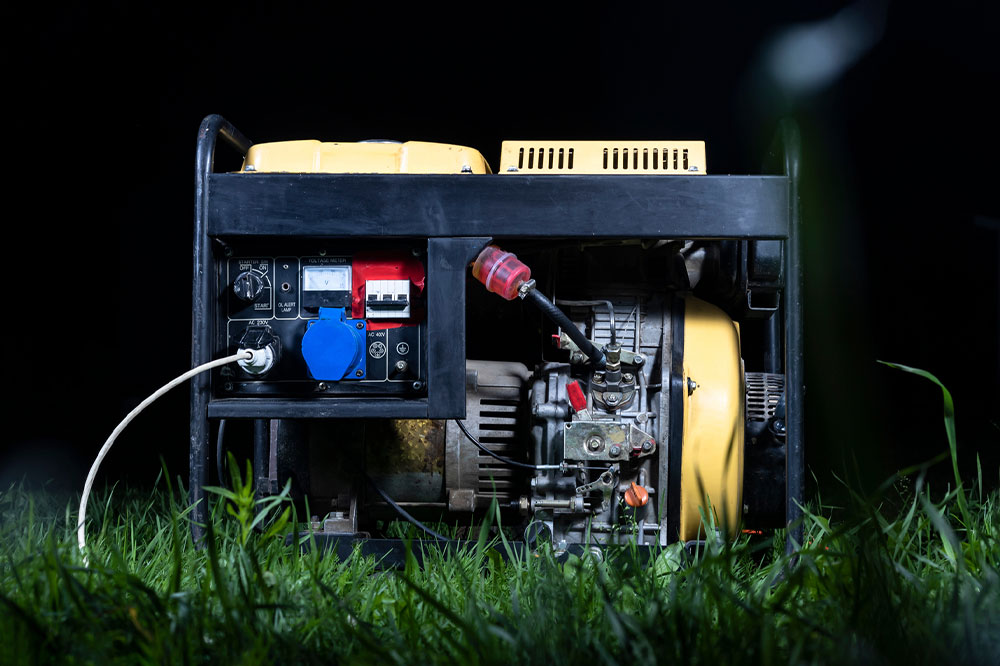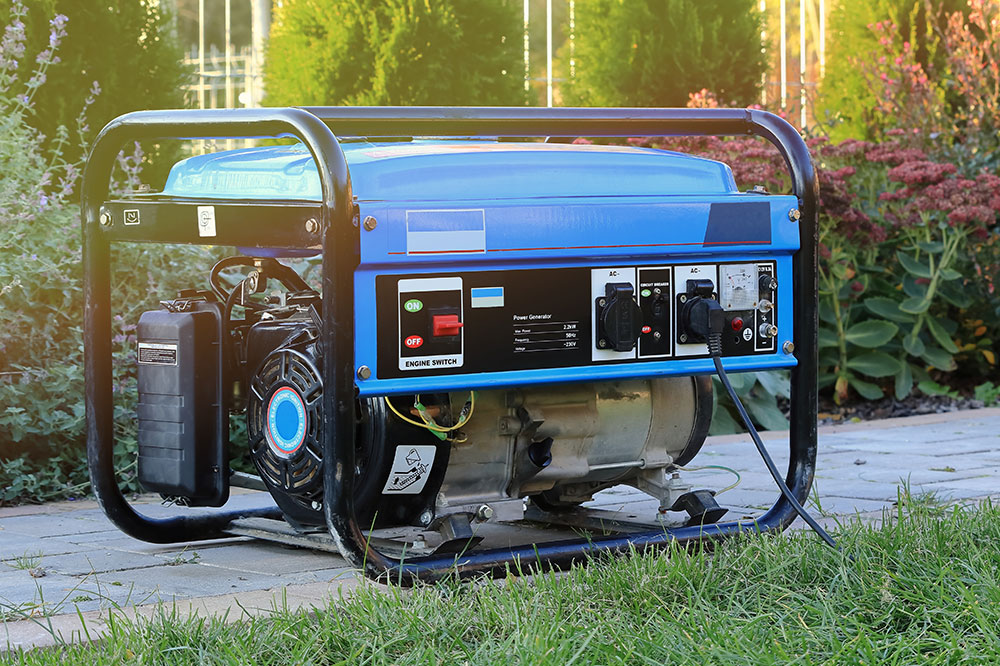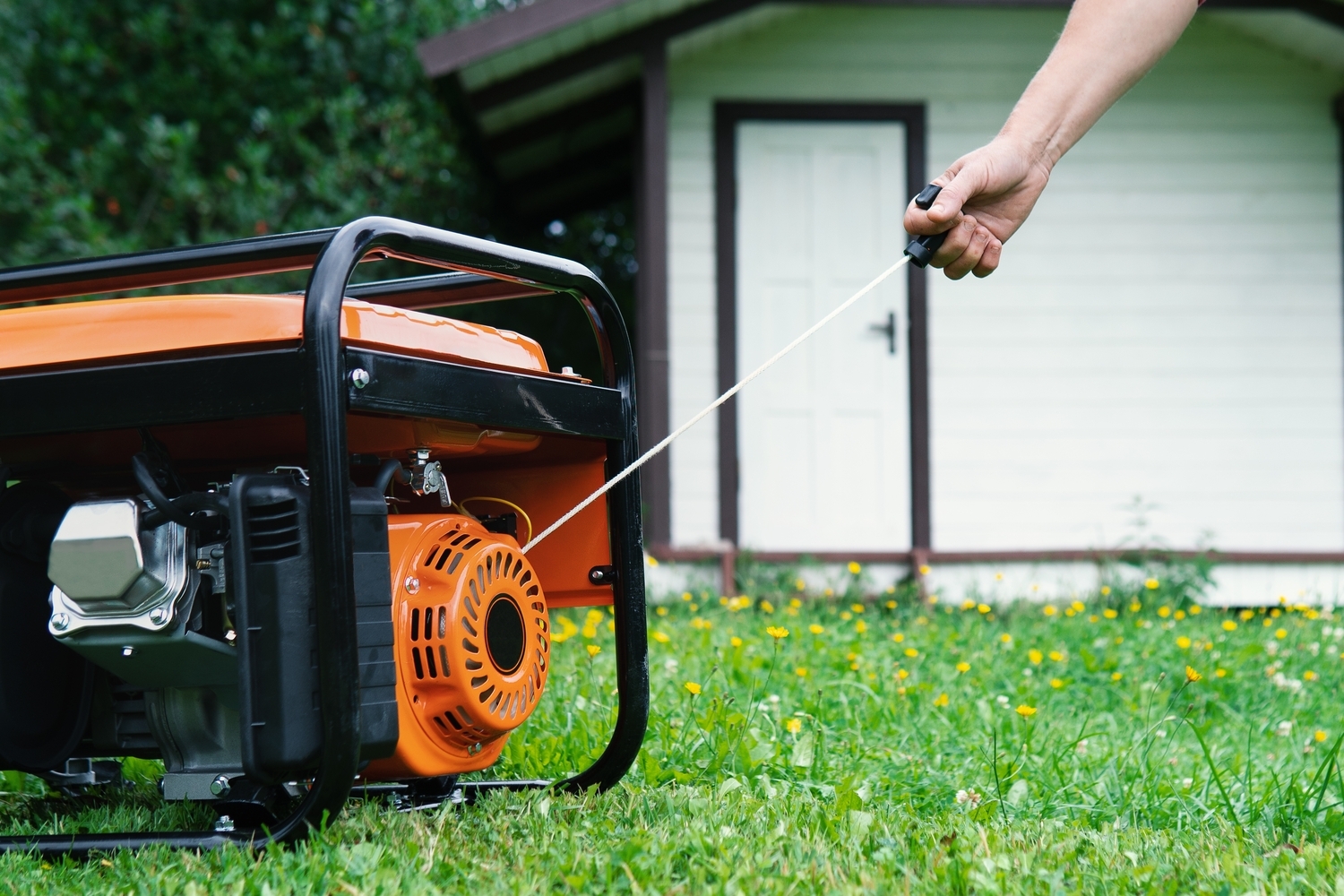Comprehensive Guide: 5 Essential Tips for Selecting the Ideal Home Generator
Learn how to choose the perfect home generator with our comprehensive guide. Discover key tips on generator types, power calculations, engine choices, power quality, and noise considerations. Make an informed decision to ensure reliable backup power during outages and protect your household appliances and electronics effectively. This detailed article helps homeowners select the right generator suited to their needs, budget, and lifestyle, providing peace of mind and continuous power in emergencies.
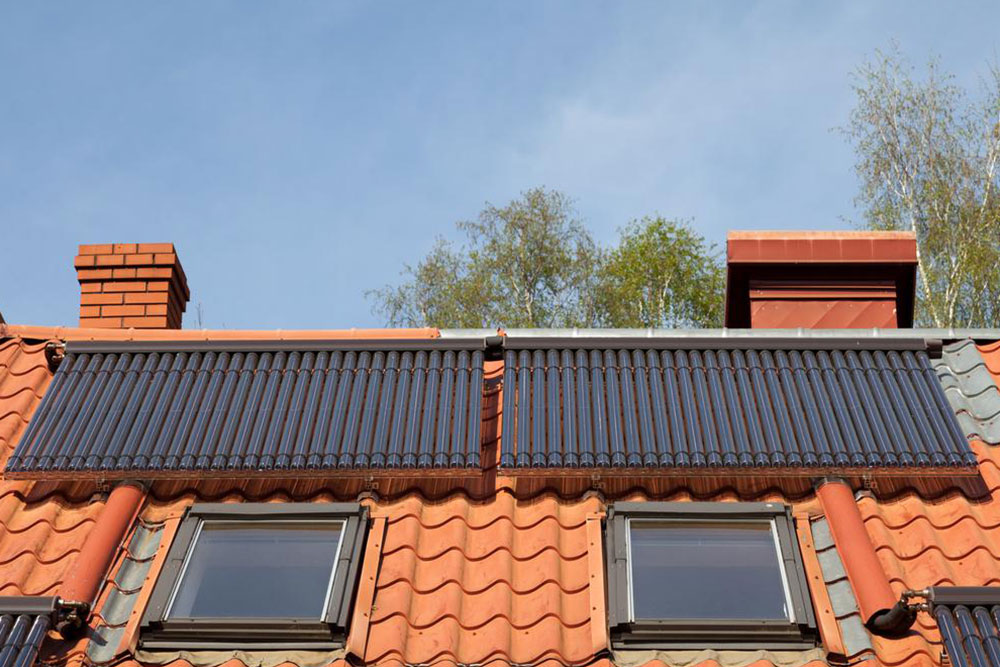
Ensuring your household remains powered during unexpected outages is a vital aspect of modern home management. A high-quality home generator offers peace of mind by providing reliable backup electricity, allowing you to continue daily activities without interruption. Whether you're considering a portable generator for temporary needs or a permanent standby system for continuous backup, choosing the right generator requires careful planning and consideration. This extensive guide outlines five crucial tips to help homeowners make informed decisions, ensuring they select a generator that perfectly matches their energy needs, budget, and lifestyle.
In today’s fast-paced world, energy reliability is more important than ever. Power outages can occur due to various reasons, including severe weather conditions, grid failures, or maintenance activities. During such times, a home generator serves as an essential safeguard, keeping your household appliances, medical devices, and security systems operational. However, not all generators are created equal, and selecting the right one can be overwhelming without proper knowledge. Here, we delve into the key factors to consider when choosing a home generator, empowering you to make a choice that offers safety, convenience, and value.
Understanding Different Types of Generators
The first step in selecting a home generator is understanding the different types available in the market. Broadly speaking, generators fall into two main categories: portable and standby. Each type has its own advantages, limitations, and ideal use cases.
Portable Generators
Portable generators are compact, lightweight units that can be easily moved around your property. They are typically fueled by gasoline, propane, or diesel. Portable models are perfect for temporary power needs, such as during camping trips, outdoor events, or as backup during power outages. They usually range from 1,000 to 10,000 watts, making them suitable for powering essential appliances like refrigerators, lights, and small electronics.
One of their key benefits is affordability and flexibility. You can store a portable generator for emergencies and take it anywhere you need additional power. However, they often require manual setup, including fueling, connecting extension cords, and startup procedures. It’s also important to operate portable generators outdoors in well-ventilated areas to prevent carbon monoxide buildup.
Standby Generators
Standby generators are permanently installed systems that connect directly to your home’s electrical system. They are typically powered by propane or natural gas, which ensures a steady supply of fuel without the need for manual refueling during outages. Standby generators automatically activate within seconds of detecting a power failure, restoring power to your entire house or designated circuits.
These units are ideal for homeowners seeking reliable, hassle-free backup power, especially if there are critical medical devices or home security systems at risk. They are larger and more expensive than portable models, but their automatic operation and continuous power supply provide unmatched convenience and peace of mind.
Accurately Calculating Your Power Needs
Before selecting a generator, it’s crucial to determine your household’s total power consumption. This process involves creating a comprehensive list of all appliances and devices you want to keep powered during an outage. Each appliance’s wattage can usually be found on its label or in the user manual. Common essentials include refrigerators, HVAC systems, sump pumps, lighting, TVs, and medical equipment.
Once you have this list, add up the wattages to get a total power requirement. It’s wise to include a buffer—generally around 20-25%—to account for startup surges and future needs. Consulting a licensed electrician can help ensure that your calculations are precise and that your home’s electrical system can support the generator’s capacity.
Failure to accurately assess your power needs can result in purchasing a generator that’s either underpowered or excessively overpowered, leading to inefficiencies or unnecessary expenses.
Choosing the Appropriate Engine Type
The engine is the heart of any generator, and selecting the right type is vital for performance, maintenance, and cost considerations. Most generators use either four-stroke or two-stroke engines, each with distinct characteristics.
Four-Stroke Engines
Four-stroke engines are more common in home generators due to their durability and cleaner operation. They require oil in a separate crankcase, which needs to be checked and changed periodically. These engines are quieter, more fuel-efficient, and generally have a longer lifespan.
Because of their reliability and lower emissions, four-stroke engines are an excellent choice for home backup systems, especially for extended use during prolonged outages.
Two-Stroke Engines
Two-stroke engines are simpler in design and lighter, making them less expensive initially. They combine oil and fuel, requiring more frequent maintenance and oil refills. They tend to be louder, less fuel-efficient, and have a shorter operational lifespan.
While affordable, two-stroke engines are typically suited for smaller, portable generators used for short-term tasks rather than continuous home backup solutions.
Evaluating Power Quality and Compatibility for Sensitive Electronics
Not all generators produce the same quality of power. Sensitive electronic devices, such as laptops, medical equipment, and home security systems, require a stable and clean power supply to function safely and effectively.
Look for generators that feature inverter technology or advanced rectifiers. These systems produce a form of AC power known as pure sine wave—closely mimicking utility power. This ensures your delicate electronics are protected from power surges, voltage fluctuations, and harmonic distortion.
Choosing a generator with high power quality features can significantly extend the lifespan of your appliances and prevent data loss or equipment damage during outages.
Managing Noise Levels for Household Comfort and Neighborhood Peace
Power generators can be noisy, which may be disruptive, especially in residential areas. If noise is a concern, seek models explicitly designed to operate quietly. Many manufacturers offer units with noise reduction features, such as soundproof enclosures and mufflers. These models typically operate below 70 decibels, comparable to the noise level of a normal conversation.
Installing your generator with proper sound barriers and maintaining it regularly can also help minimize noise pollution. Prioritizing quiet operation not only enhances your household comfort but also maintains good relations with neighbors and complies with local noise ordinances.
Final Thoughts: Making an Informed Choice
Choosing the right home generator involves understanding your specific needs and evaluating various factors, including generator types, power requirements, engine performance, power quality, and noise levels. By following these comprehensive tips, you can select a generator that ensures your household remains powered, safe, and comfortable during any outage.
Investing in the appropriate backup power system is a decision that offers long-term security and peace of mind. Remember to consult with licensed professionals and consider future needs to make the most informed choice. A well-selected home generator is not just an appliance; it’s a crucial component of your household’s resilience and safety strategy.
